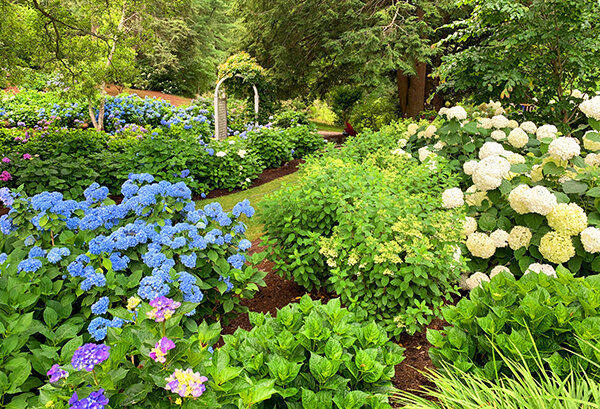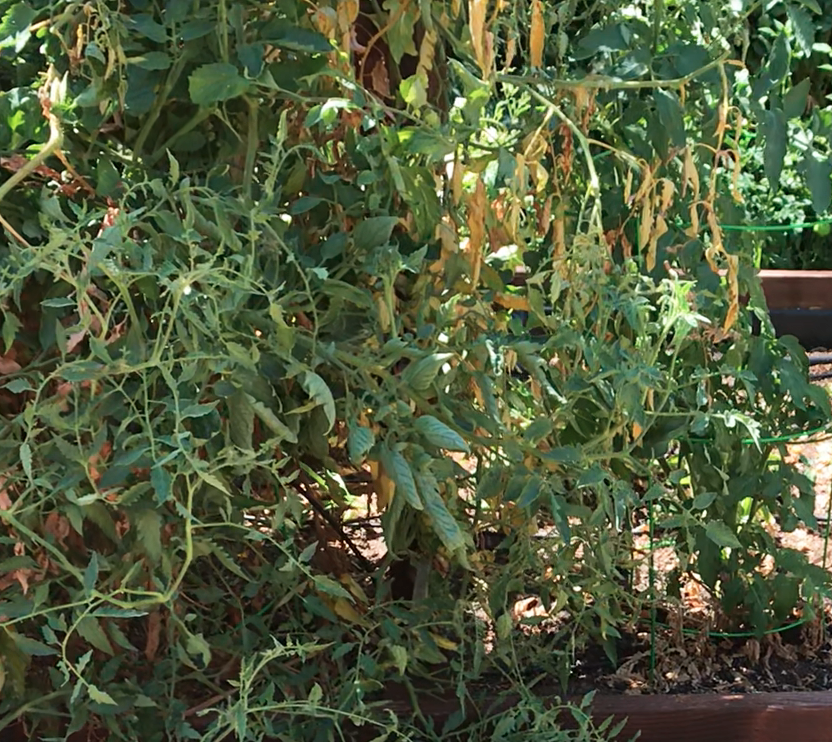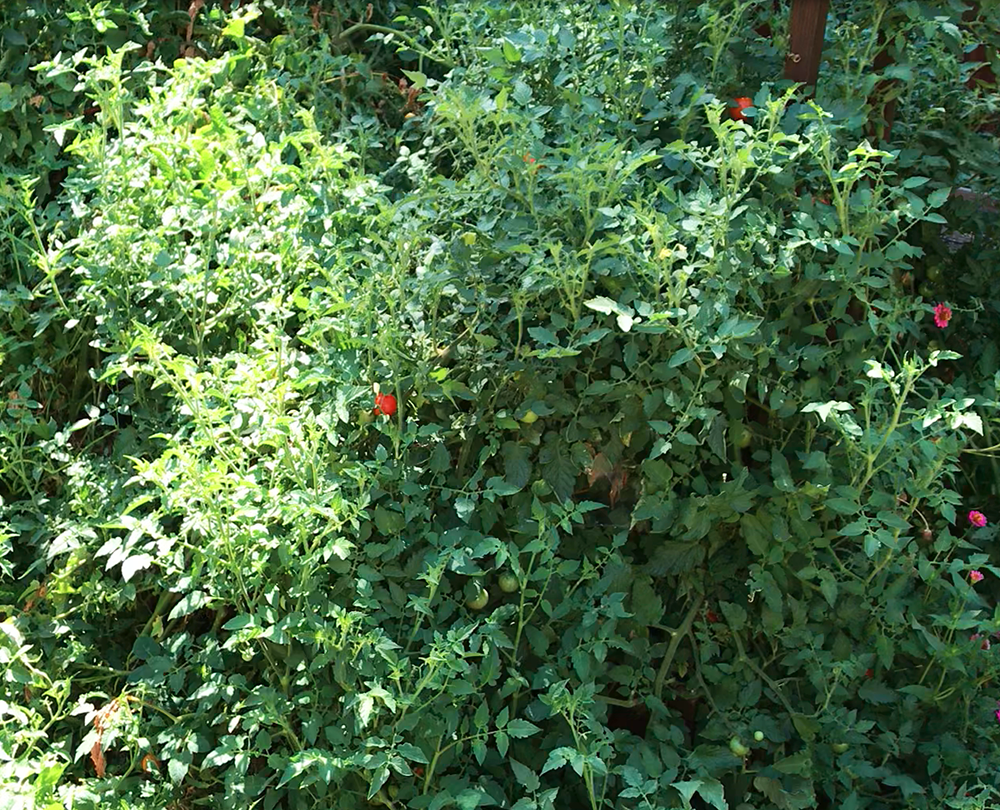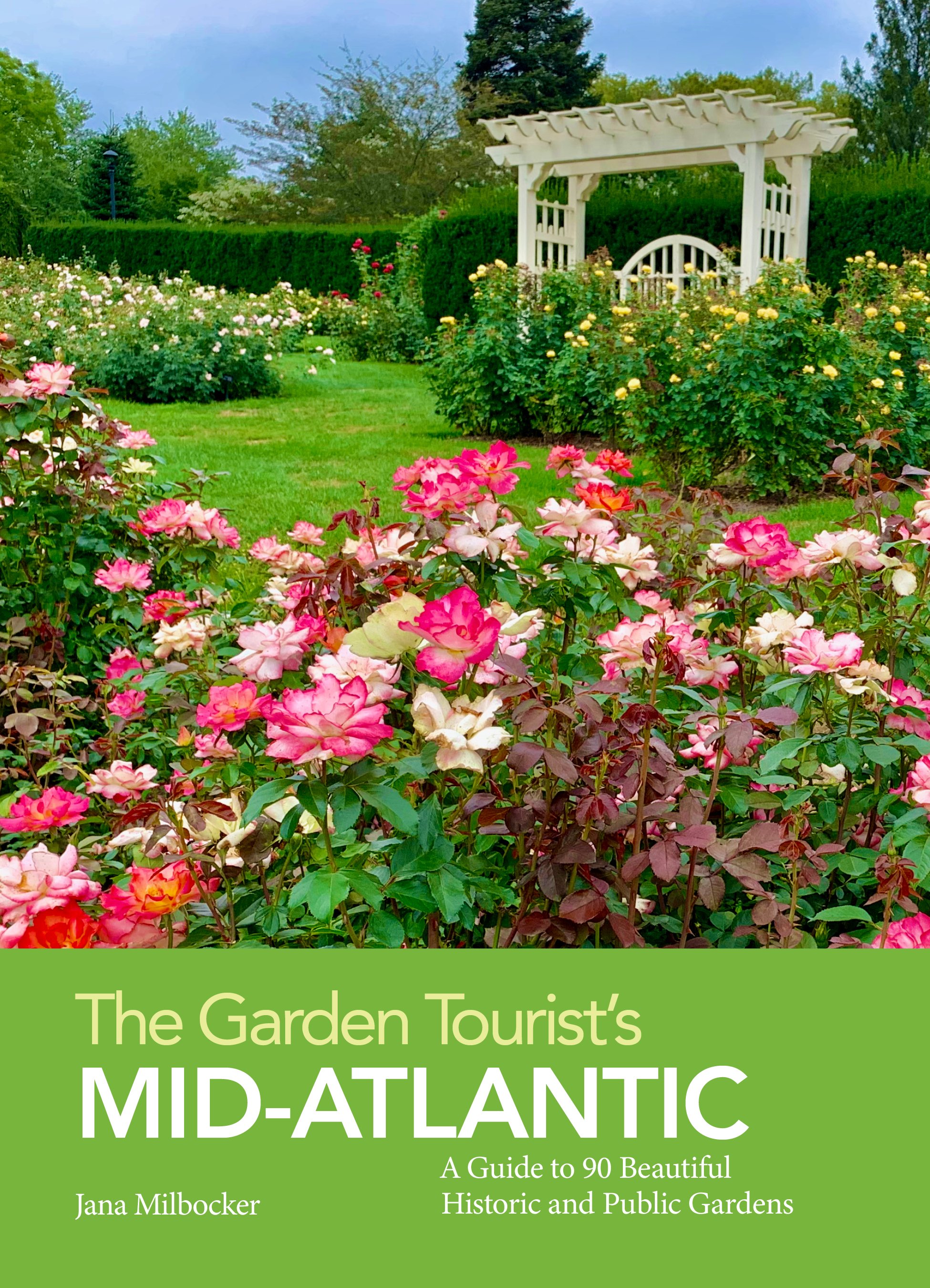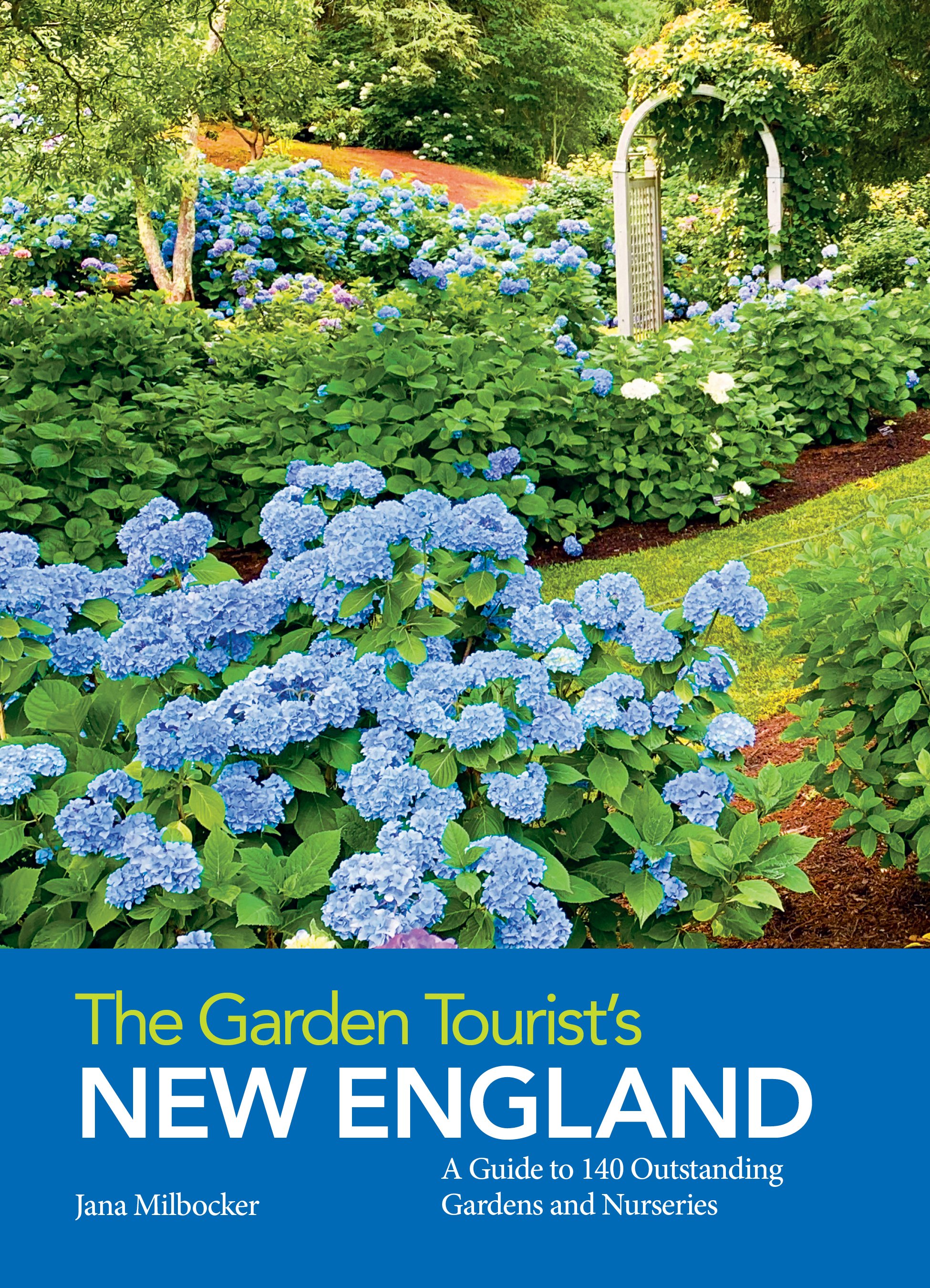How to Create Soil That Last
/One of my gardening friends is a big proponent of using biochar in her garden, so I asked Pat White, founder of Kalanso Biochar, to tell us about its history and benefits.
By Pat White, Kalanso Biochar
Many moons ago I asked complete strangers what their biggest challenges were with their soil. I got a lot of different responses. But a common theme emerged. Folks wanted to figure out how to make their soil low-maintenance. They grew tired of having the bring in new soil every year. They wanted their soil to be dependable and long-lasting. One response even said, “To figure out how to make it better after 25 years of adding compost and not getting anywhere.”
That last one tickled me.
You see, several years ago I travelled to this tiny, little six acre organic farm in a small, rural Massachusetts town to visit with a man who was answering that very same question! His name was Dan. And there was a time when he didn't actually know if his farm was going to make it.
Dan had this daily ritual where he would take these walks through his fields to inspect (i.e. "collect data like a scientist") how things were going. After doing this day after day, it got to the point where, as much as he wanted to, he couldn't deny the truth any longer. What he saw was that his soil was falling apart.
Farmer Dan was no spring chicken. He was a trained and certified organic farmer, meaning:
He was using organic fertilizers (in the correct ratios.)
He was composting.
He was mulching.
Planting cover-crops.
Tilling.
In other words...he was doing everything he had trained to do. And his soil was still falling apart. No soil, no farm. No farm, no livelihood. So what did Dan do? Did he decide to just call it quits? Nope.
Remember, he's a scientist. And what do scientists do? They go to conferences! So that's what he did. He went to conferences to learn. And at one of them he learned a lesson that sticks with him to this very day. The soil runs on autopilot when all of its parts are working together.
And Dan learned the fastest, quickest, and easiest way to get all the parts of the soil working together is by using biochar. Biochar is a soil amendment. It’s created naturally anytime there’s a forest fire. (Or anytime you fire up your wood stove.) And its Mother Nature’s secret code to running on autopilot. You can use it in your gardens and landscapes, too, to create the lasting soil you’ve wanted.
Pat White adding Biochar to plantings on the Esplanade in Boston
On the surface, biochar kind of looks like charcoal. And that’s how you’ll hear people compare it. However, I think comparing it to charcoal does it a disservice. Chemically, it’s much closer to graphite - like from a graphite pencil. And that distinction is important, because it carries with it several well-studied scientific principles.
First is the principle of “cation exchange”. See, your plants don’t use most of the fertilizer you give them. A lot is actually wasted. And that means you need to go out and buy more and use more (which isn’t all that good for the environment).
What if you could stick a plant nutrient magnet in your soil that could hold onto all the unused plant nutrients? And what if it could slow release them back to your plants when they need them. On demand?
Enter biochar. Biochar keeps those unused nutrients in the soil longer, and releases them back to your plants when they need them. That’s a big deal because now your plants can access nutrients on-demand and you can stop having to micromanage your soil chemistry.
The second principle is “surface area”. What if you didn’t have to water your plants as much? Or... What if you got hit by drought? How would your plants handle it? Below you see tomato plants grown during drought. The one on the left is in regular soil, the one on the right has Biochar added to soil.
Or... What if you didn’t have to worry about heavy clay soil? Biochar is incredibly porous. In fact, one gram has the surface area of a football field. And it helps the soil hold onto water for longer. And it helps the soil breathe. (Oxygen in the soil is important, too!)
The relationship between your plants and soil microbes is incredibly important. The stronger that relationship is, the more low-maintenance your soil is. And biochar helps strengthen that relationship the moment it sets foot in your soil because soil microbes of various shapes and sizes build their forever homes in it.
And last but not least, the third principle is “stability.” Biochar is very WYSYWIG. That means “what you see is what you get.” It has well understood “cation-exchange” benefits. It has well understood “surface area” benefits. And it has another benefit, too, that is well understood. (And this benefit has people in climate change circles around the globe very giddy.) Properly made biochar has a theoretical life-span of one million years.I know that number is too big to be meaningful to anyone. But that’s why you may hear it referred as “stable carbon.”
Biochar is a “permanent” soil amendment. That means when you add biochar to your soil, it stays there. Year after year. With all the benefits of “cation exchange” and “surface area” compounding over time. How cool is that?
What’s interesting to me about that is that lasting soil is within our reach. And the vehicle for it has been under all our noses for billions of years... ever since the very first time Mother Nature set wood aflame.
Anyhoo...I hope that’s helpful. I hope you decide to learn more about biochar and use it with everything you grow. If you’d like to learn more, you can visit: https://www.successfulgrowersecrets.com/jm Just confirm your email address for me, and I’ll give you a mini-class I created called “How To Create Soil That Lasts” where I go more in-depth than I could in this article. The mini-class even includes a biochar “garden tour plant trial” we did in California during a drought, which was pretty cool to see.
And as for farmer Dan? You’ll have to watch the mini-class to find out.
Here’s to lasting soil!
For more information: successfulgrowersecrets.com/jm

